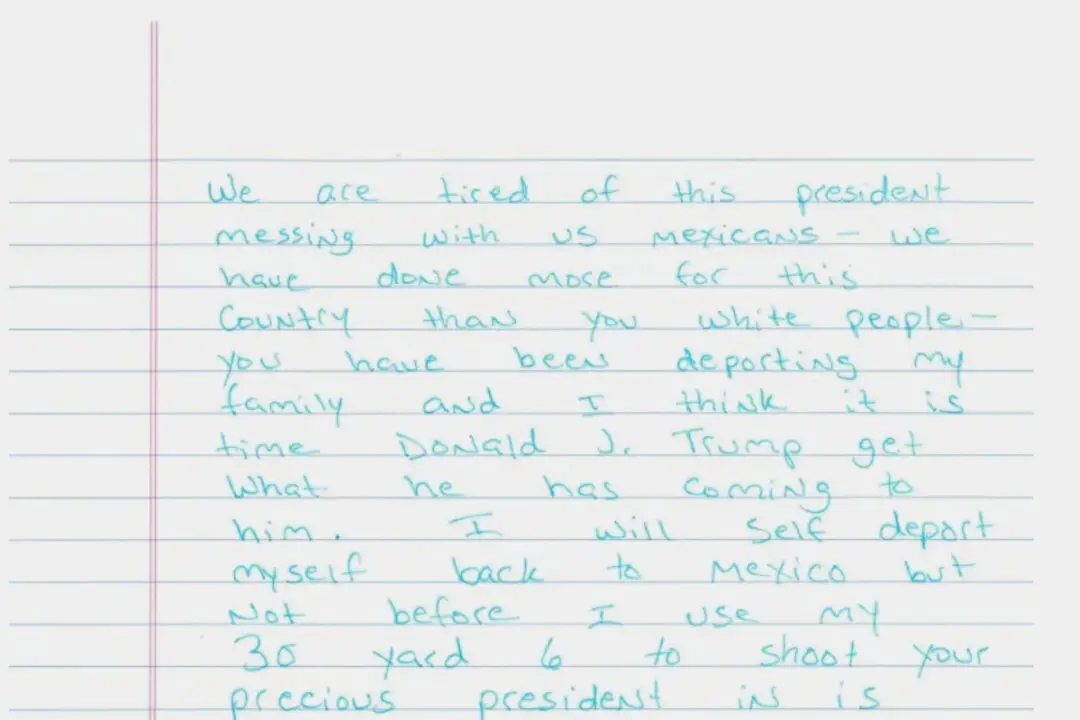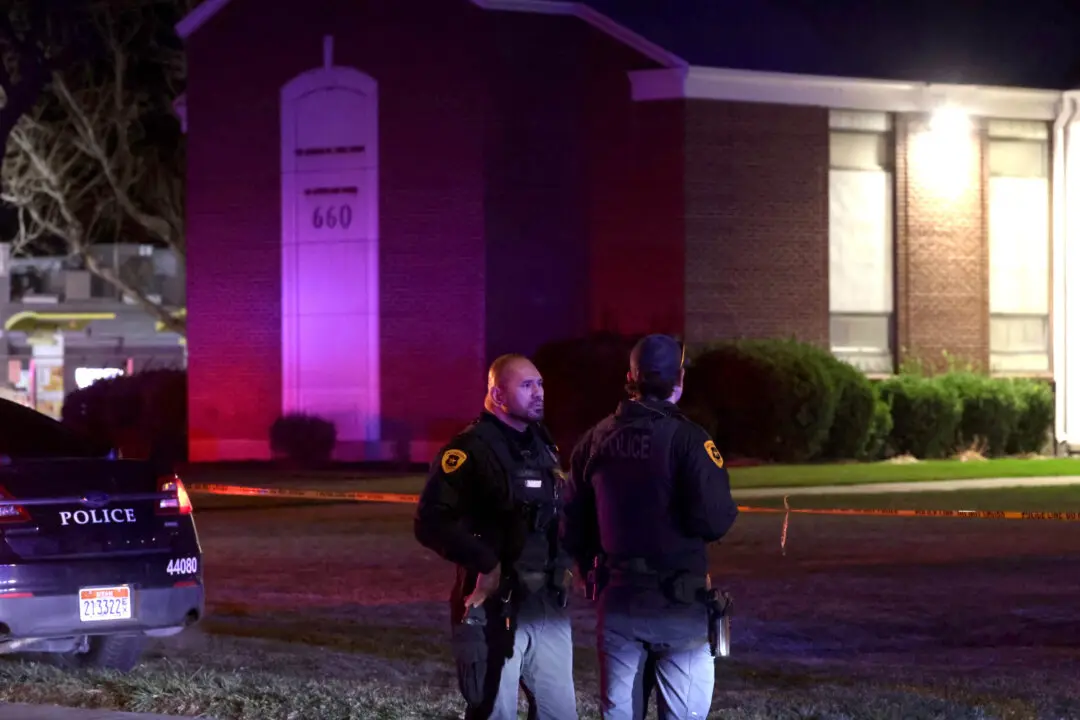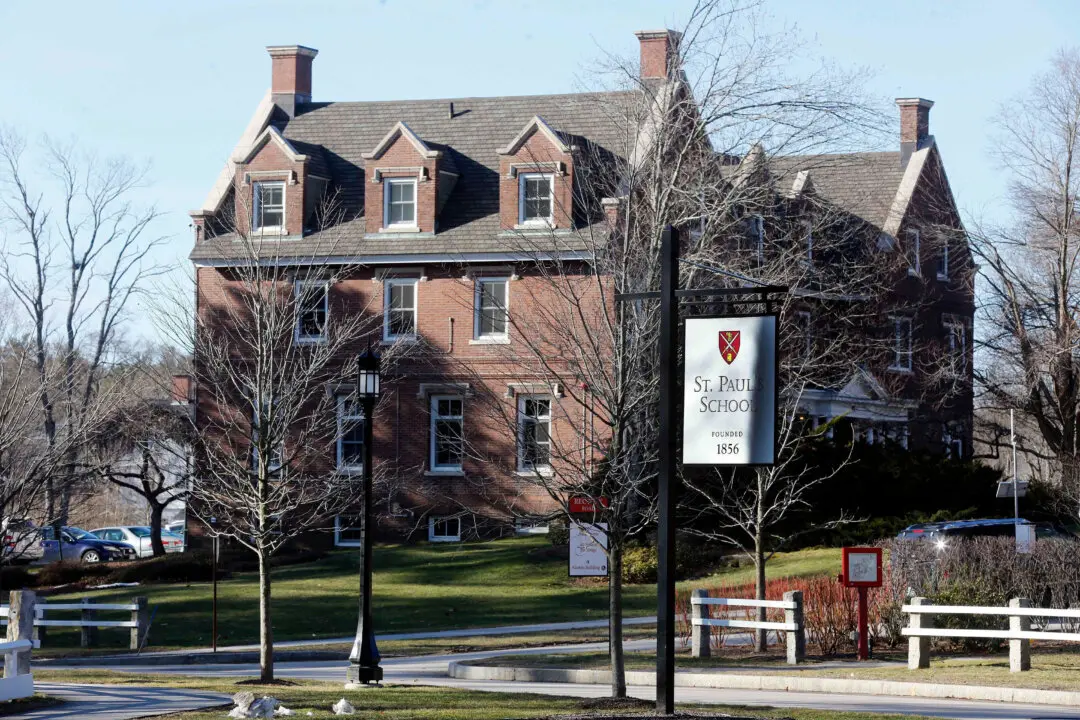ALEXANDRIA, Egypt—Beards without moustaches, the trademark of ultraconservative Islamists, were all the rage at this campaign rally, among both speakers and the men in the audience, while women wearing full-face veils sat on a separate side of a multicolored tent.
Yet the parliament candidates from Egypt’s Al-Nour Party giving speeches at the rally hardly referred to religion, a dramatic change for a party that was once one of the strongest advocates for a greater role of Islam in government and society.
In Egypt’s first democratic elections in 2012, held after its Arab Spring uprising, Al-Nour won the second largest number of parliamentary seats after the more mainstream Muslim Brotherhood, and for a while it was its close ally. But in 2013, the party backed the army’s overthrow of the Brotherhood’s Mohammed Morsi, an Islamist who was the country’s first freely elected president.
Now, for parliamentary elections that begin this weekend, Al-Nour is attempting a delicate balancing act.
It has to maintain its appeal to its ultraconservative base, which still wants to see greater implementation of Islamic Shariah law but is disillusioned with politics after Morsi’s ouster or is disgusted with the party’s actions. At the same time, it’s trying to reach out to the political center, where anti-Islamist sentiment is high, with promises to unify and rebuild a polarized country.
“Progress, education, development, health care,” was the message that echoed from the campaign rally packed with some 200 people, held in a tent set up the street of the Raml district in the Mediterranean coastal city of Alexandria Wednesday night.
The 2014 constitution bans religion-based political parties. Al-Nour insists it is not a religious party but rather one with a religious background that focuses on economic and social priorities like fighting endemic unemployment. Its campaign slogan is “Clarity and Ambition,” and none of the 17 points in the program it distributed at the rally mentioned religion.
With memories of Morsi’s ouster and the bloody crackdown on his supporters still fresh, Al-Nour is viewed as a traitor by the Brotherhood, which just a few years ago was the country’s most organized political force.
Now the Brotherhood is banned from public life and declared a terrorist organization. And while Al-Nour may have alienated much of its base, it will be able to compete in parliamentary elections held in the coming weeks because of its support for President Abdel-Fattah el-Sissi, the former general who led Morsi’s overthrow.
“We’re not talking about a democratic context where we can really judge popular sentiment based on how parties do in elections,” said Shadi Hamid, senior fellow at the Brookings Institution’s Center for Middle East Policy.
“I’m not necessarily talking about wide-scale fraud, but it’s also in the lead-up to the election, how much media exposure they are allowed,” he said. “How does the party get their message out to a larger audience? There aren’t really clear avenues for that. So that’s a kind of built-in limit to how well they can do and I think the regime will modulate that depending on what they’re comfortable with in terms of Nour’s share of the seats.”
The government is heralding the elections, which take place in stages lasting through December, as the next step toward democracy, but critics and analysts say the legislature will be little more than a rubber stamp for el-Sissi. Independent monitors will be few, and turnout is expected to be much lower than for votes in recent years.





